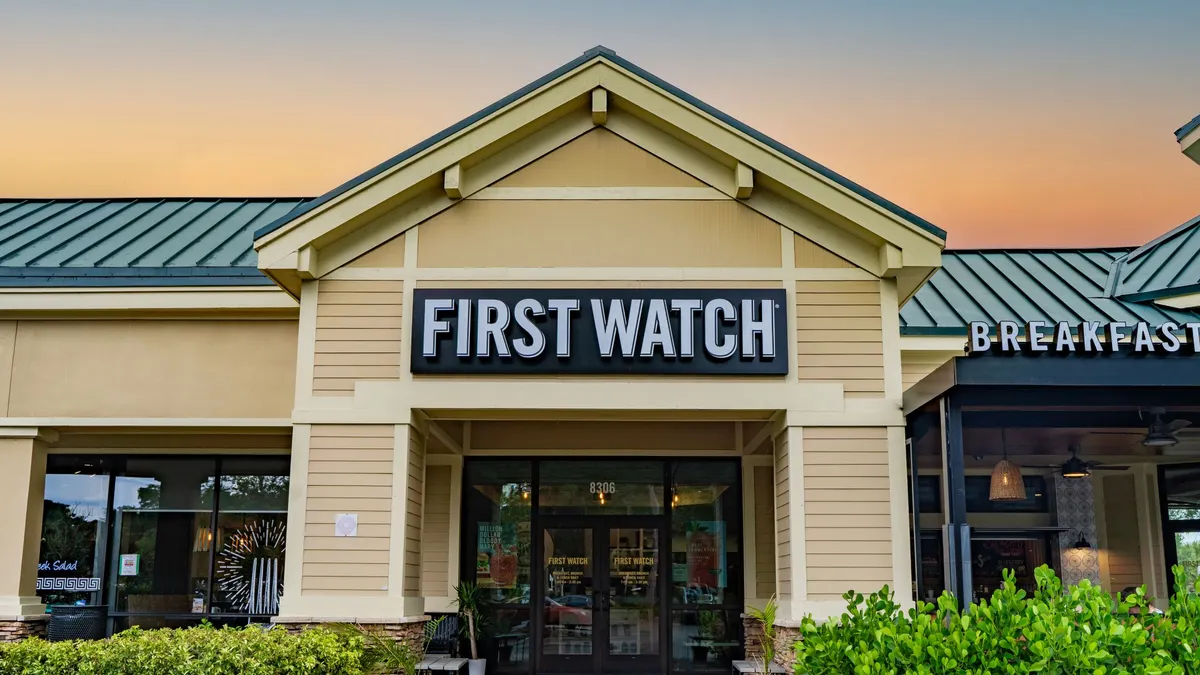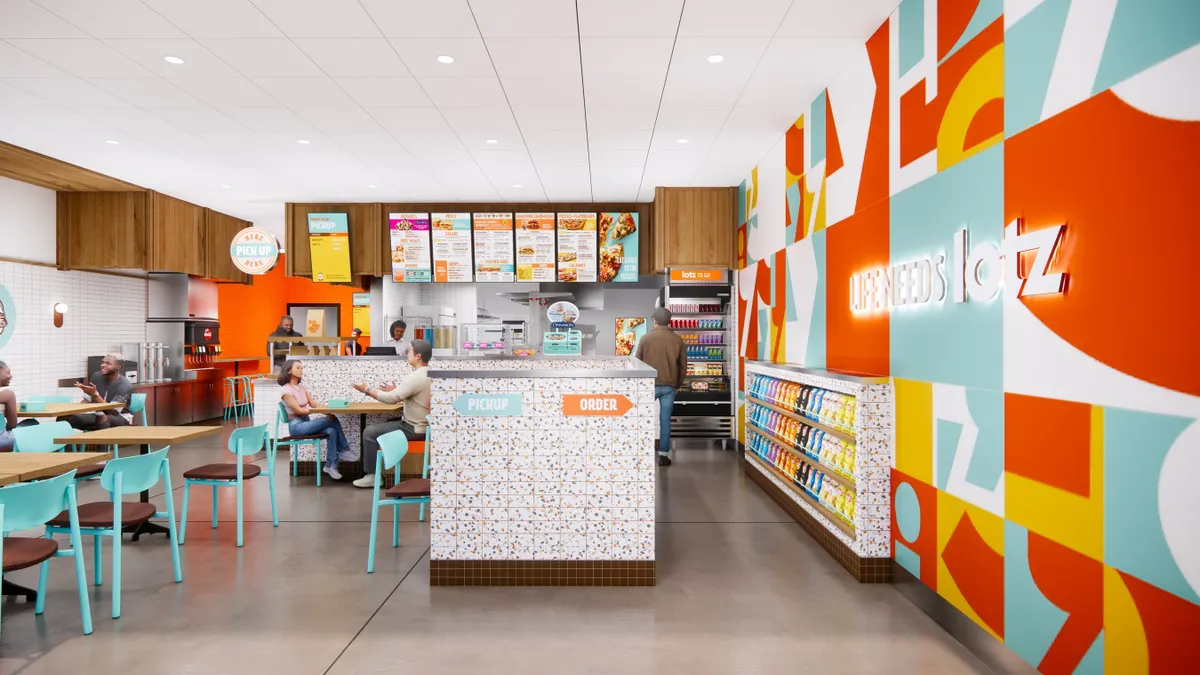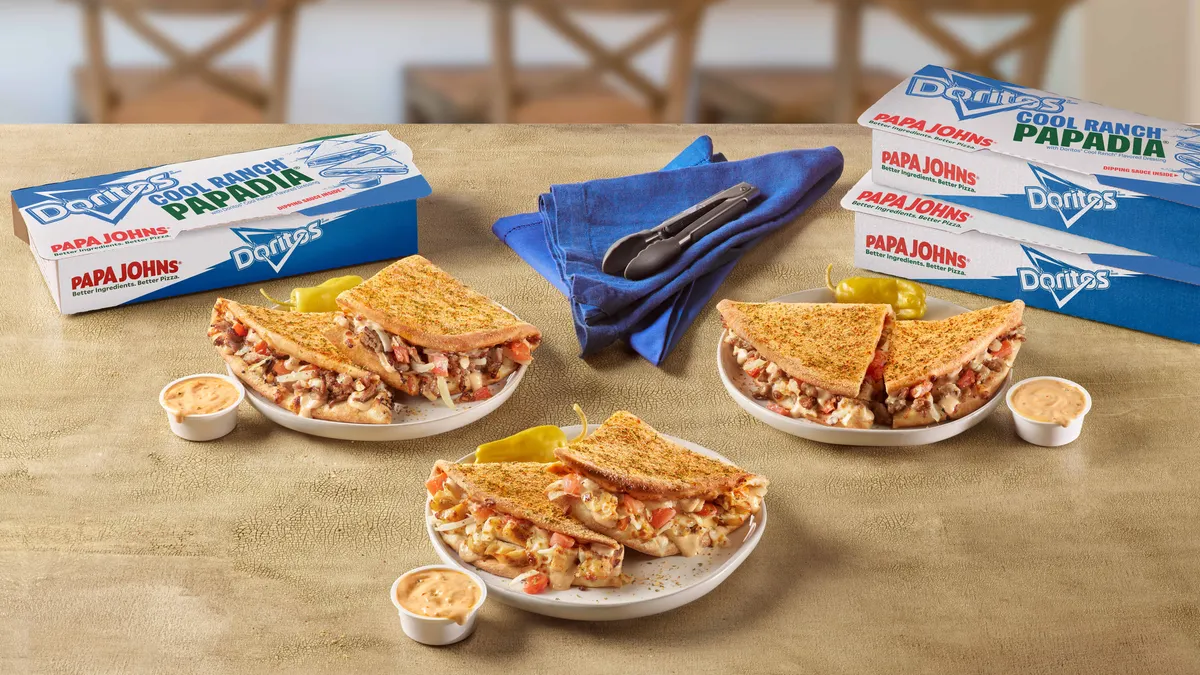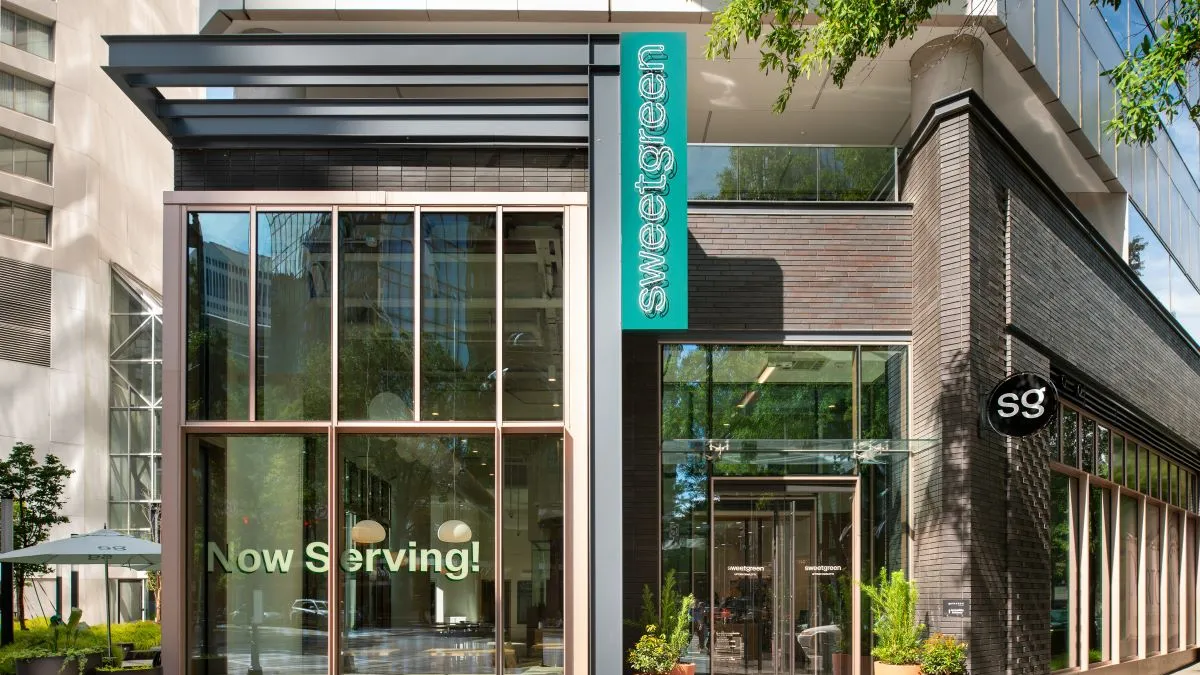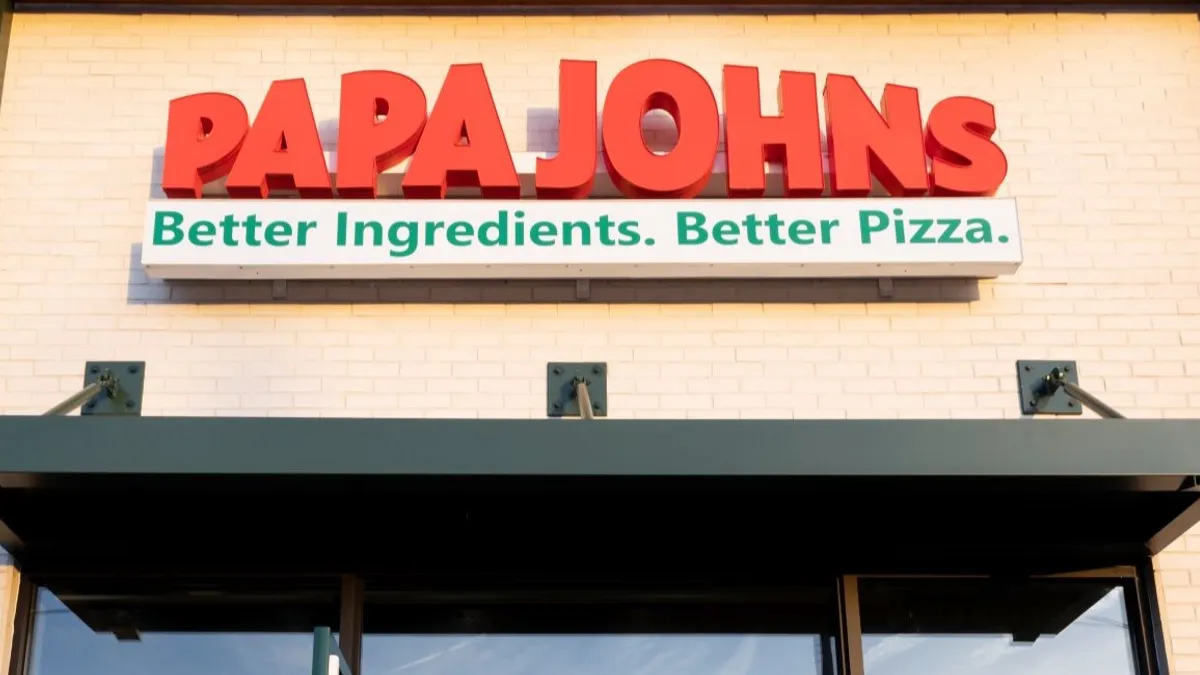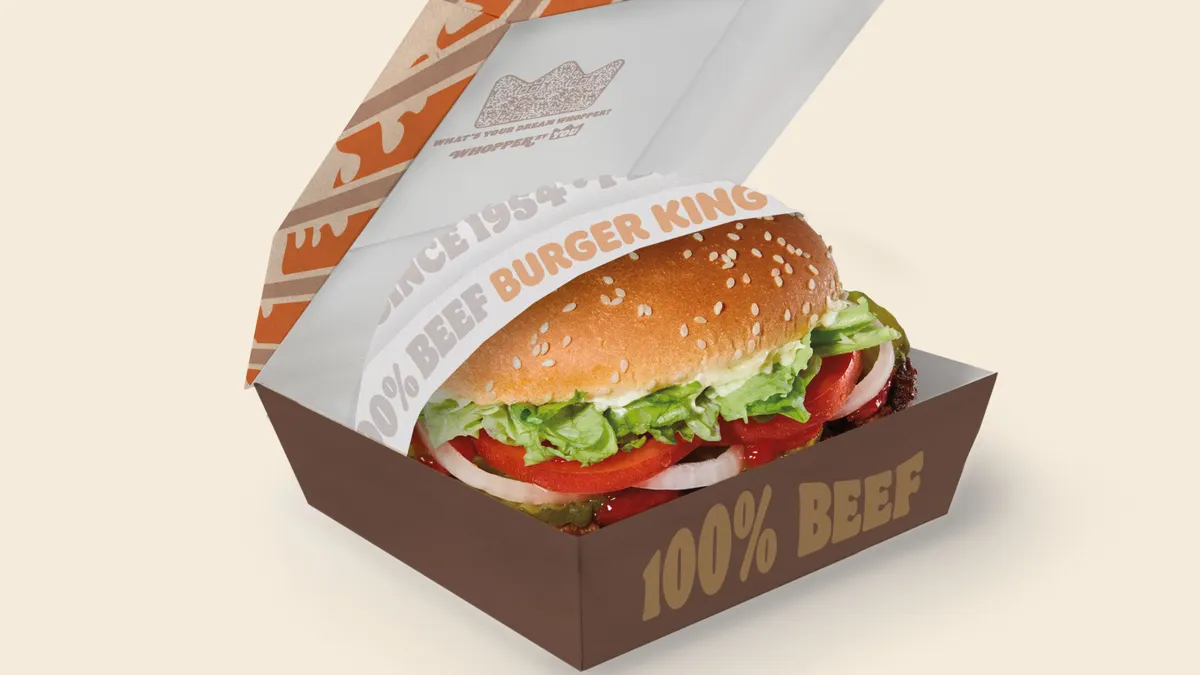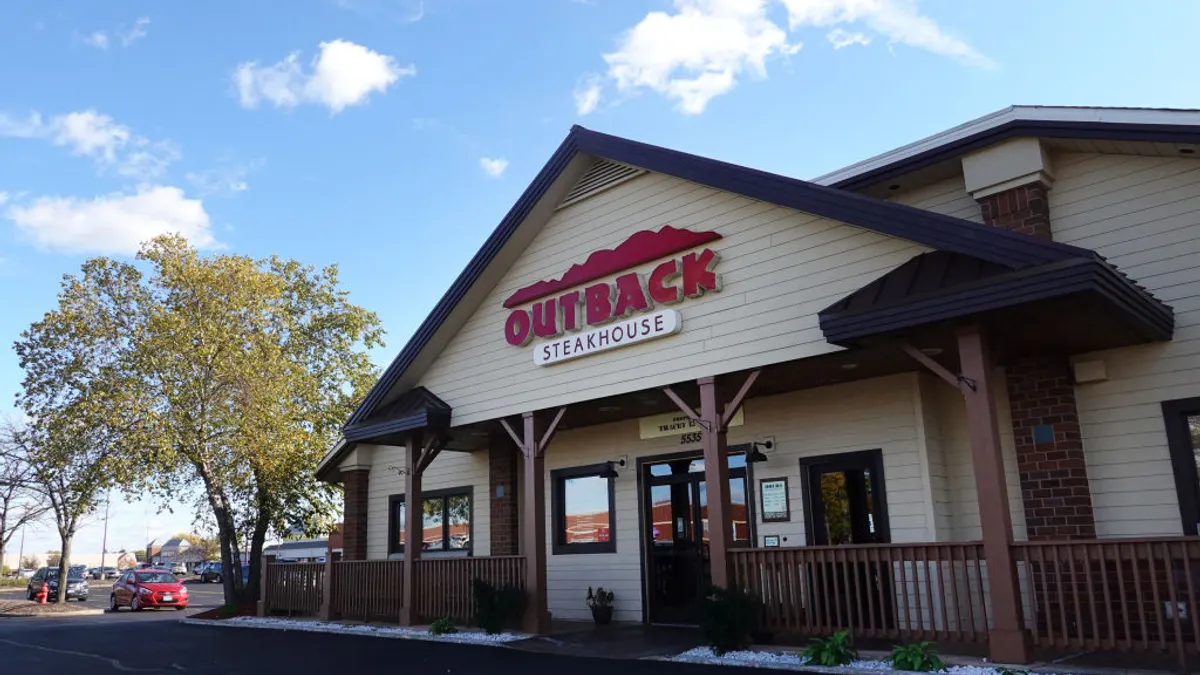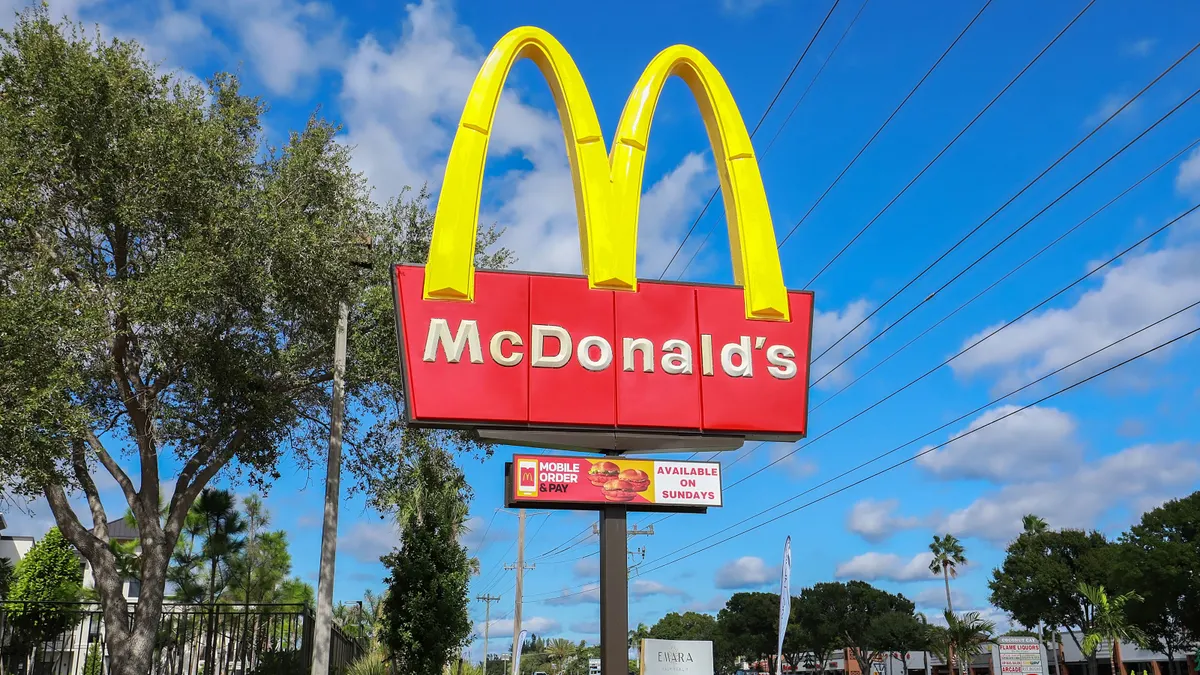While several major full-service chains have faced closures in recent quarters, one restaurant company has created a significant pipeline for unit growth. First Watch expects to open nearly 60 company-owned locations this year, and it’s already halfway to that benchmark. The breakfast chain, which stands at 600 restaurants in 31 states, sees its total addressable market as 2,200 units.
“We’ve continued to march toward … low double-digit unit growth,” said Matt Eisenacher, First Watch’s chief brand officer.
One of the keys to First Watch’s growth is finding second-generation real estate, especially since more locations are becoming available as other brands divest real estate. Other casual restaurant companies, like Denny’s, Red Robin, Bahama Breeze and Bloomin’ Brands, have closed numerous stores in recent quarters, for example.
Many of these parcels are in prime, Class-A real estate locations, and take about three fewer months to build out than a ground-up development.
“We’ve become a destination for those second-gen sites and it really just allows us to diversify the number of places and how we continue to grow,” he said. “We’ve proven that we can do it in a fairly short timeframe.”
First Watch doesn’t have a specific unit prototype, so real estate ranging from 3,500 square feet to 6,000 square feet can work, Eisenacher said. First Watch operates in freestanding units and end caps, and it develops new builds in addition to second generation spots.
“What is most important to us is really finding the right location in the trade areas that we’re targeting,” Eisenacher said. “It’s the location, the visibility, the access [that matter], not necessarily the size.”
Roughly seven years ago, First Watch would have to seek out landlords and brokers and pitch its brand as a viable fit for the spaces it wanted. Now that its track record — including an average unit volume of $2.3 million — and reputation are better known, landlords and developers are coming to First Watch with real estate opportunities. This has allowed the chain to be more choosy in getting those ideal locations.
“We're operating our restaurants better than we ever have,” Eisenacher said. “When you have that continuity and retention of people, your training teams are better, so your managers [and] your teams are set up for success. Our brand is stronger than it's ever been.”
The full-service chain is expanding into new states, opening its first restaurant in Idaho earlier this year. It entered Nevada in September with the opening of a Las Vegas restaurant.
Las Vegas was a good fit for First Watch because the city has a strong, established breakfast market, but First Watch felt like it had a differentiated offering, Eisenacher said.
On the other hand, when it entered Boston, there wasn’t a strong full-service breakfast segment, allowing First Watch to capture much of that market. It opened in Hanover, Massachusetts, earlier this year and “crushed it at the opening,” Eisenacher said.
Toward the end of 2025, the chain will open in downtown Boston. Eisenacher said this will be a great opportunity to raise brand awareness and introduce more people to the chain, especially since the location will be in an area with strong foot traffic.
“We’ve been growing at that growth rate for a very long time,” Eisenacher said. “Every year, you get better at it.”
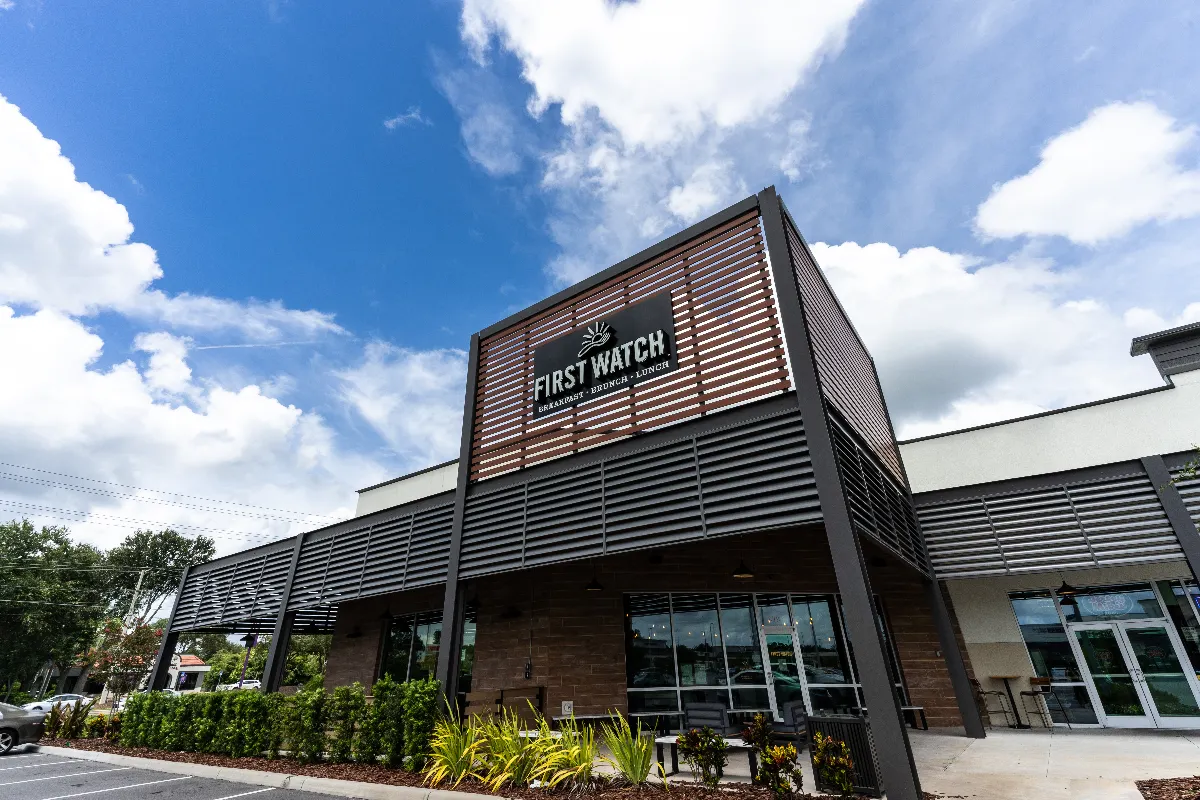
Precise, company-owned expansion
First Watch has been leaning into its company-owned strategy, buying 16 franchised stores in the Carolinas and three in Missouri earlier this year. As of April, it has bought up 64 franchised stores over a two-year span. First Watch prefers the company-owned model, as it allows the brand to maintain a consistent experience across its system for both customers and employees. As of Q2, the company had 69 franchised restaurants in its system.
“We’ve been really focusing on the core tenets of people and hospitality,” Eisenacher said.
That focus has meant creating a strong labor model to ensure that new restaurants have the people available to run them. First Watch has been getting better at promoting from within and ensuring that it offers high-quality training, he said.
Last year, the company rolled out a certified general manager program that allows a restaurant to be certified as a training location. Those restaurants must meet quality and policy standards, such as being fully staffed. Newer managers can be trained more effectively at those stores, setting them up for success, Eisenacher said.
“The certified general management program is a new role that focuses on improving manager training and retention and enables us to build a people pipeline made up of veteran managers who support our aggressive unit growth plans,” First Watch CEO Chris Tomasso said during the company’s second-quarter earnings call. “Since its implementation early last year, we have raised the bar on the rate of internal promotion, as well as our execution in the restaurants.”
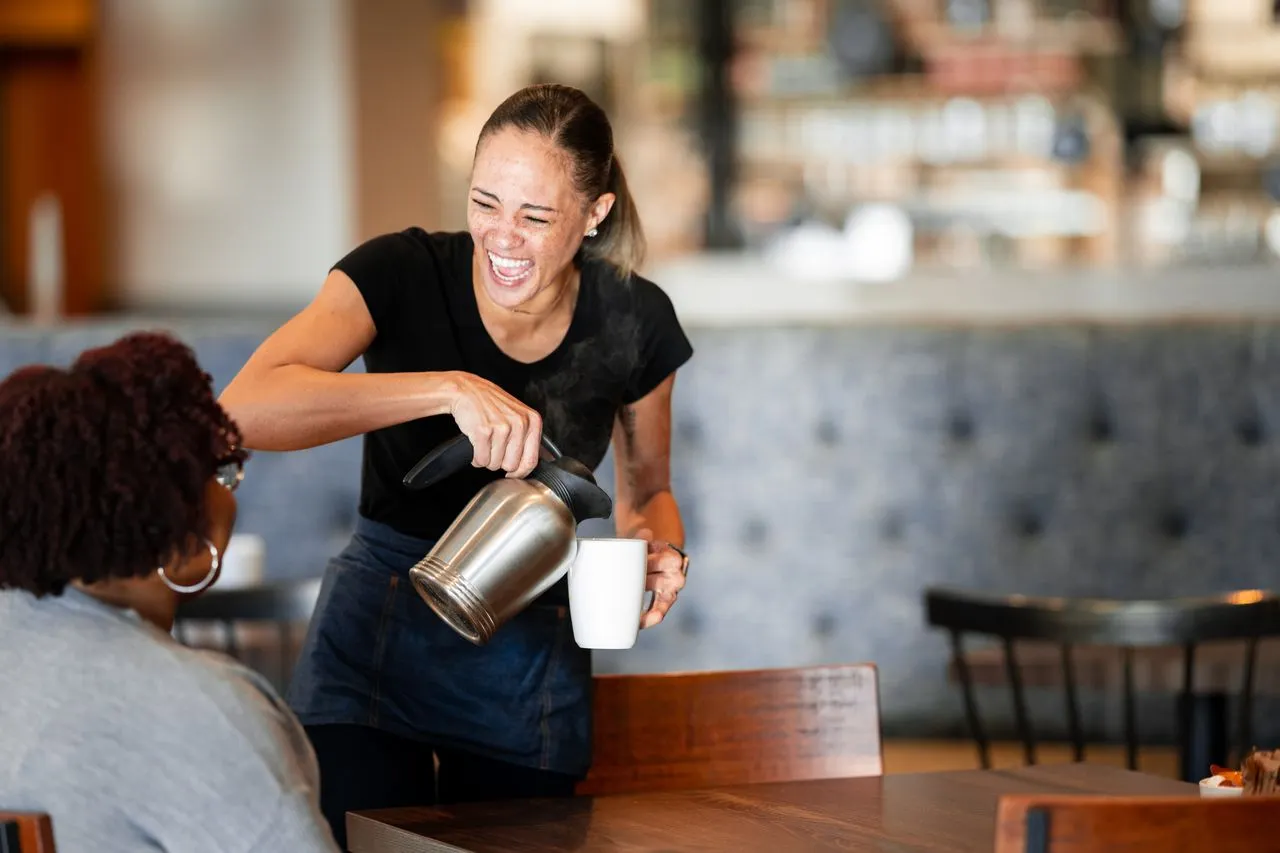
Leaning into the guest experience
When the chain added kitchen display systems a few years ago, it created a more streamlined ordering process, improving speed of service. Last year, the chain added pay at the table to ease the bottleneck that can occur at the host stand. It also updated its waitlist system earlier this year to use its own in-house technology and to improve the overall experience. If a customer uses the brand’s app and enables location services, it will automatically check the guest in when they are close to the restaurant.
“People would get frustrated [that] they didn't know when they got to the restaurant, they needed to check in, which meant that the host didn't know you were there,” Eisenacher said.
First Watch has enhanced customer service in other ways, as well. During the first quarter, it doubled the protein it includes in its Trifecta, a popular menu item that includes two eggs, a Belgian waffle or pancake and choice of bacon, smoked ham, chicken apple sausage patties, turkey or pork sausage. Instead of two slices of bacon, First Watch now serves four, for example. It also told its restaurants to offer more potato side portions across all its menu items. It updated its fruit bowls with more pineapple, berries and grapes. The chain didn’t increase prices because of these changes, however.
In addition, First Watch brought back free coffee for customers who have to wait for a table, Eisenacher said. The coffee, which was offered to waiting guests for over 30 years, was discontinued during COVID-19 for safety reasons.
“Adding back the coffee on a wait, increasing portions, encouraging our restaurants to focus on hospitality and surprise and delight, all of those things were geared towards improving the customer experience,” Eisenacher said.



